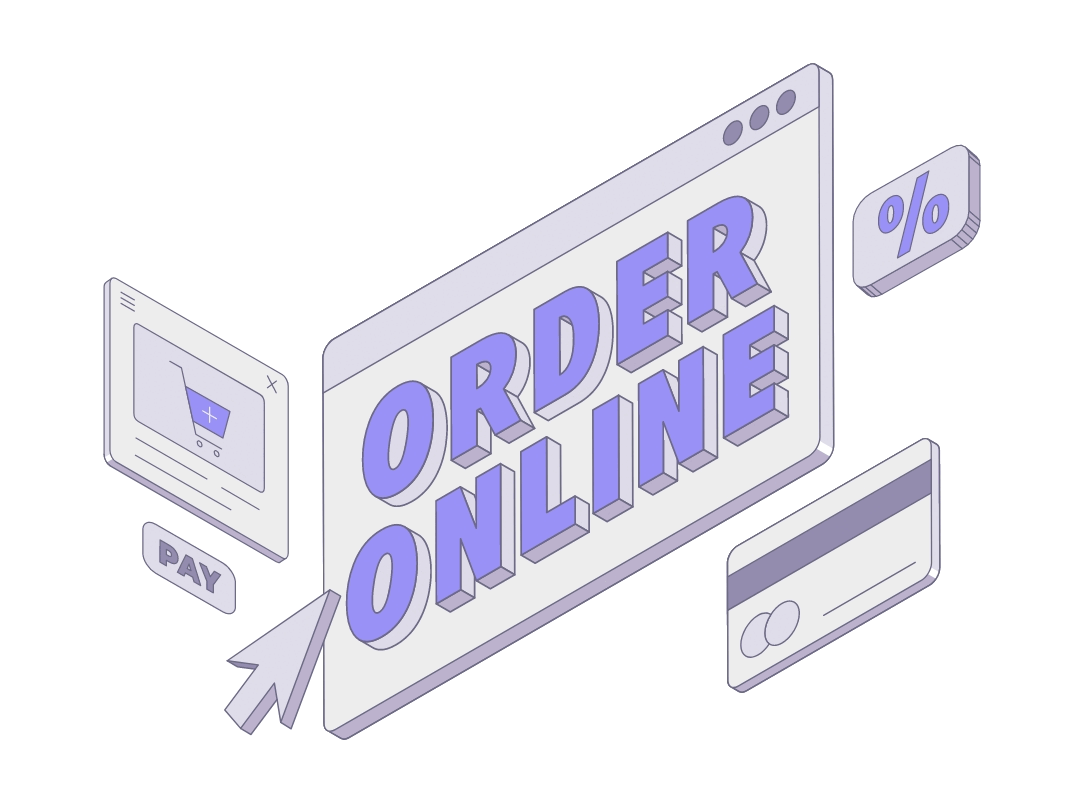
Introduction
Running an online store is more than uploading products — you need the right tools for hosting, payments, security, marketing, and support. The right stack saves time and helps you scale.
1. Hosting & Domain Tools
Before you launch, pick a reliable hosting provider and domain registrar.
Domain Name Providers: Namecheap, GoDaddy, Google Domains
Web Hosting Providers:
- Shared Hosting — Hostinger, Bluehost (budget-friendly, cPanel included)
- Cloud Hosting — AWS, Google Cloud, DigitalOcean (pay-as-you-go, scalable)
- Managed eCommerce Hosting — Shopify, BigCommerce (easy setup, no server management)
👉 Related Blog: “Best Hosting Service Provider – AWS vs Hostinger”
📌 Affiliate Tip: Add your affiliate links for hosting providers here.
2. E-commerce Platform Tools
Choose the platform to build and manage your store:
- Shopify — Easy, hosted solution with apps & payment integrations
- WooCommerce (WordPress plugin) — Flexible and open-source
- Magento (Adobe Commerce) — Enterprise-level features
- BigCommerce — SaaS-based, scalable for growing businesses
3. Payment Gateway Tools
Secure and reliable payment processors make checkout seamless:
- Stripe — Popular for global payments
- PayPal — Widely trusted
- Razorpay — Great for the Indian market
- Square — Retail + online payments
4. Website Design & Customization Tools
First impressions matter — customize your storefront with themes and builders:
- Themes & Templates — Shopify themes, ThemeForest, Envato
- Page Builders — Elementor (WordPress), Shogun (Shopify)
- Graphics & Design — Canva, Figma
5. SEO & Marketing Tools
Drive traffic and convert visitors with these tools:
- SEO: SEMrush, Ahrefs, Moz, Ubersuggest
- Keyword Research: Google Keyword Planner
- Email Marketing: Mailchimp, Klaviyo, ConvertKit
- Social Scheduling: Buffer, Hootsuite
- Affiliate Setup: Refersion, Tapfiliate
👉 Related Blog: “SEO Tools to Improve Ranking of Your Website”
6. Analytics & Tracking Tools
Measure what matters:
- Google Analytics (GA4) — Traffic and conversion insights
- Hotjar / Microsoft Clarity — Heatmaps & session recordings
- Google Tag Manager — Centralize tracking codes
7. Customer Support Tools
Build trust with fast support:
- Live Chat: Tidio, Intercom, Crisp
- Helpdesk / Ticketing: Freshdesk, Zendesk
- Chatbots: Drift, ManyChat
8. Security Tools
Protect customer data and uptime:
- SSL Certificates: Let’s Encrypt, Comodo SSL
- Website Security: Sucuri, Cloudflare
- Backup Tools: UpdraftPlus, JetBackup
👉 Related Blog: “Website Security Checklist”
9. Inventory & Order Management Tools
Keep stock and shipping under control:
- ERP / Inventory: TradeGecko, Zoho Inventory
- Shipping Tools: Shiprocket, Shippo
- Dropshipping: Oberlo, Spocket
10. Productivity & Collaboration Tools (Bonus)
- Project Management: Trello, Asana, ClickUp
- Communication: Slack, Microsoft Teams
- File Sharing: Google Drive, Dropbox
👉 Related Blog: “Tools Required for a Web Agency”
Final Thoughts
Starting an online store is easy, but running it successfully requires the right tools. For beginners, start with Shopify + Hostinger/Bluehost + Stripe/PayPal. As you grow, add advanced SEO, automation, and inventory systems. Investing in the right tools early will save time, reduce costs, and accelerate growth.






Leave a Reply